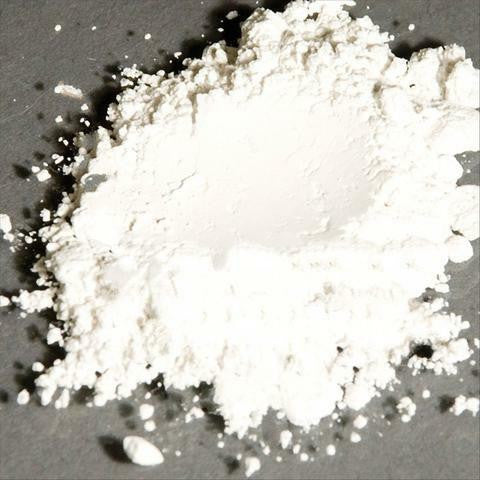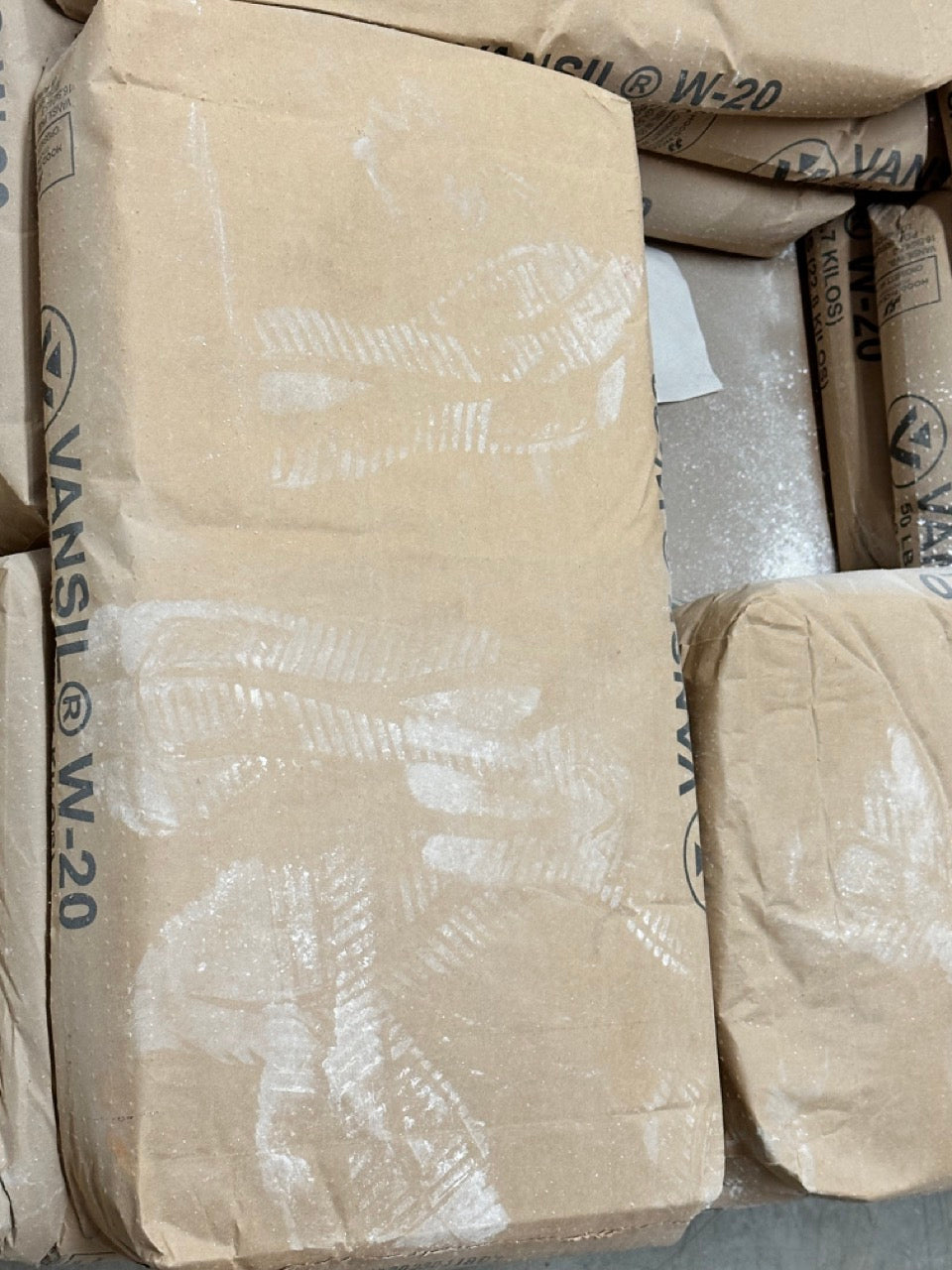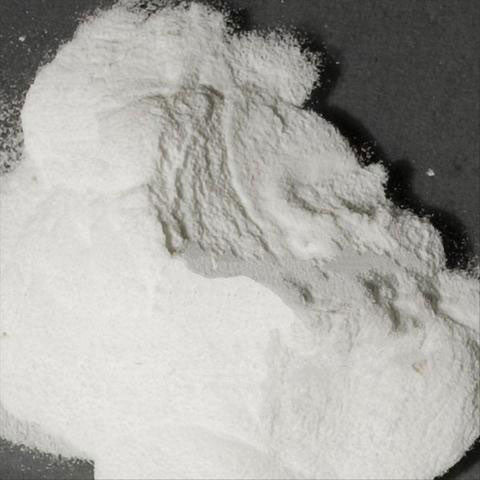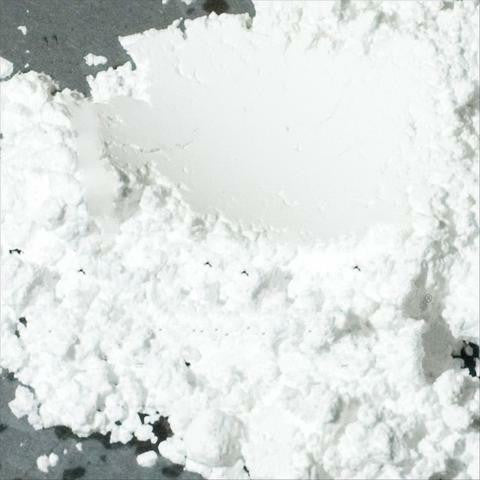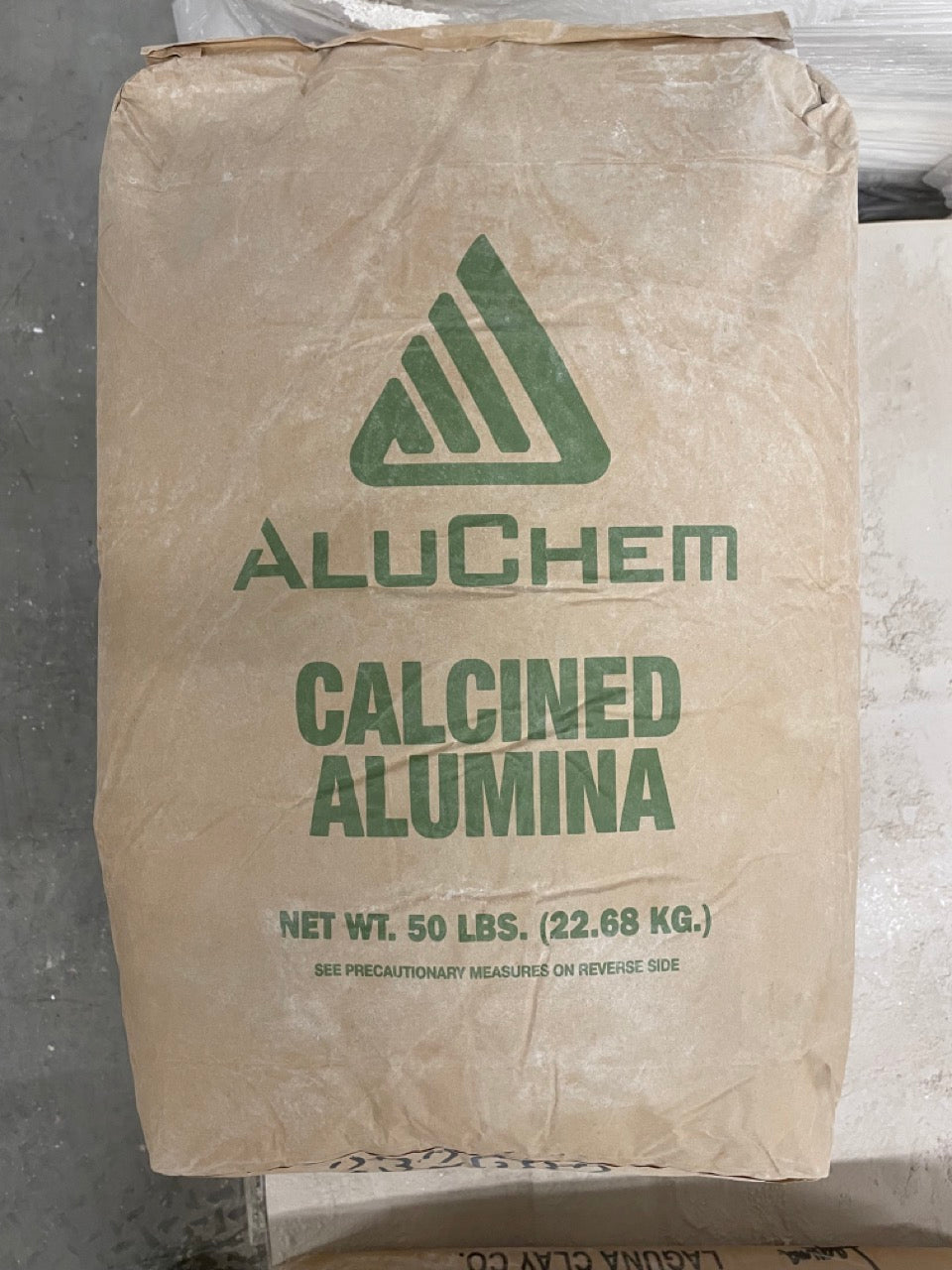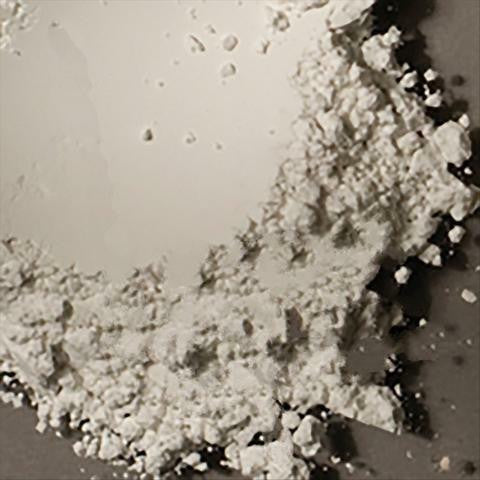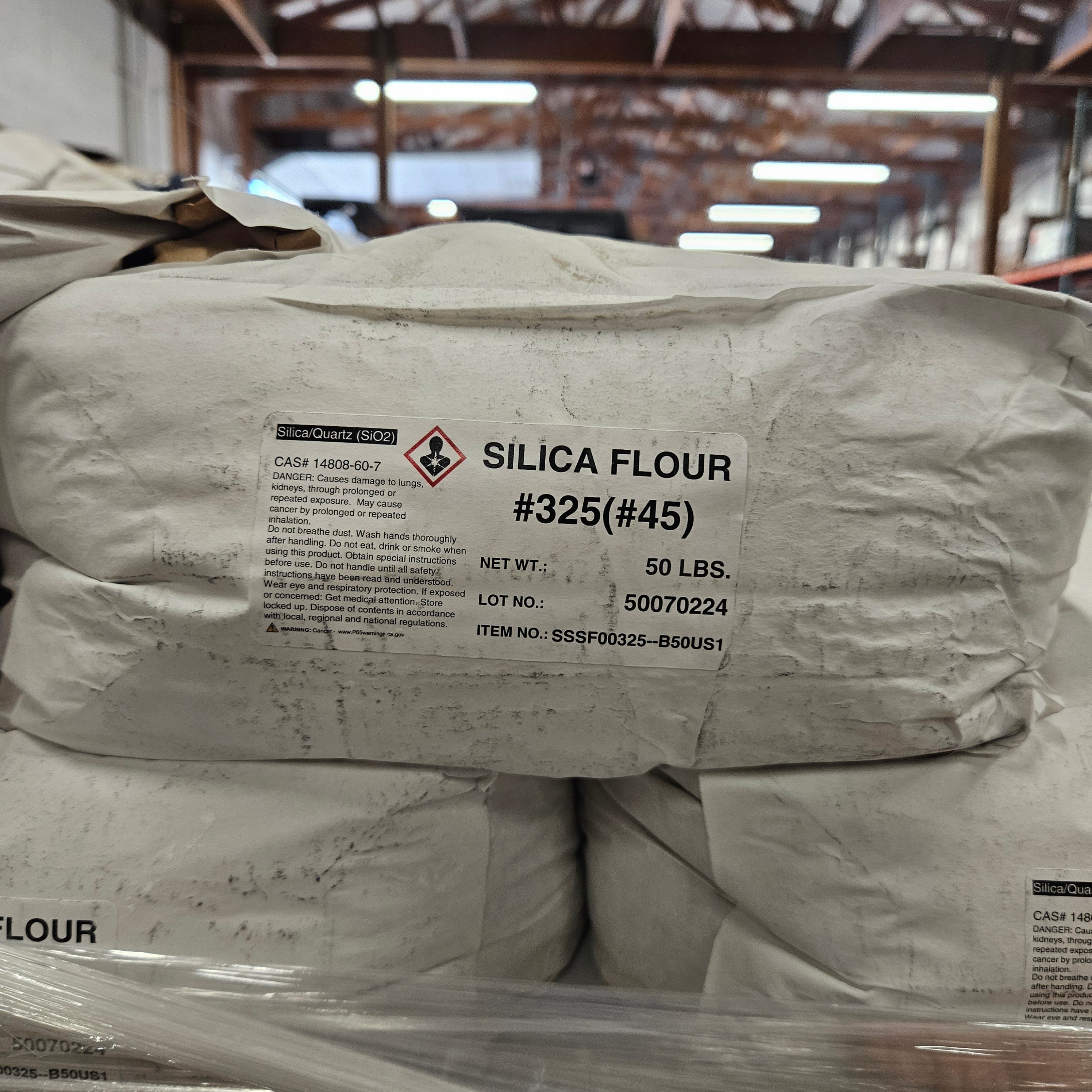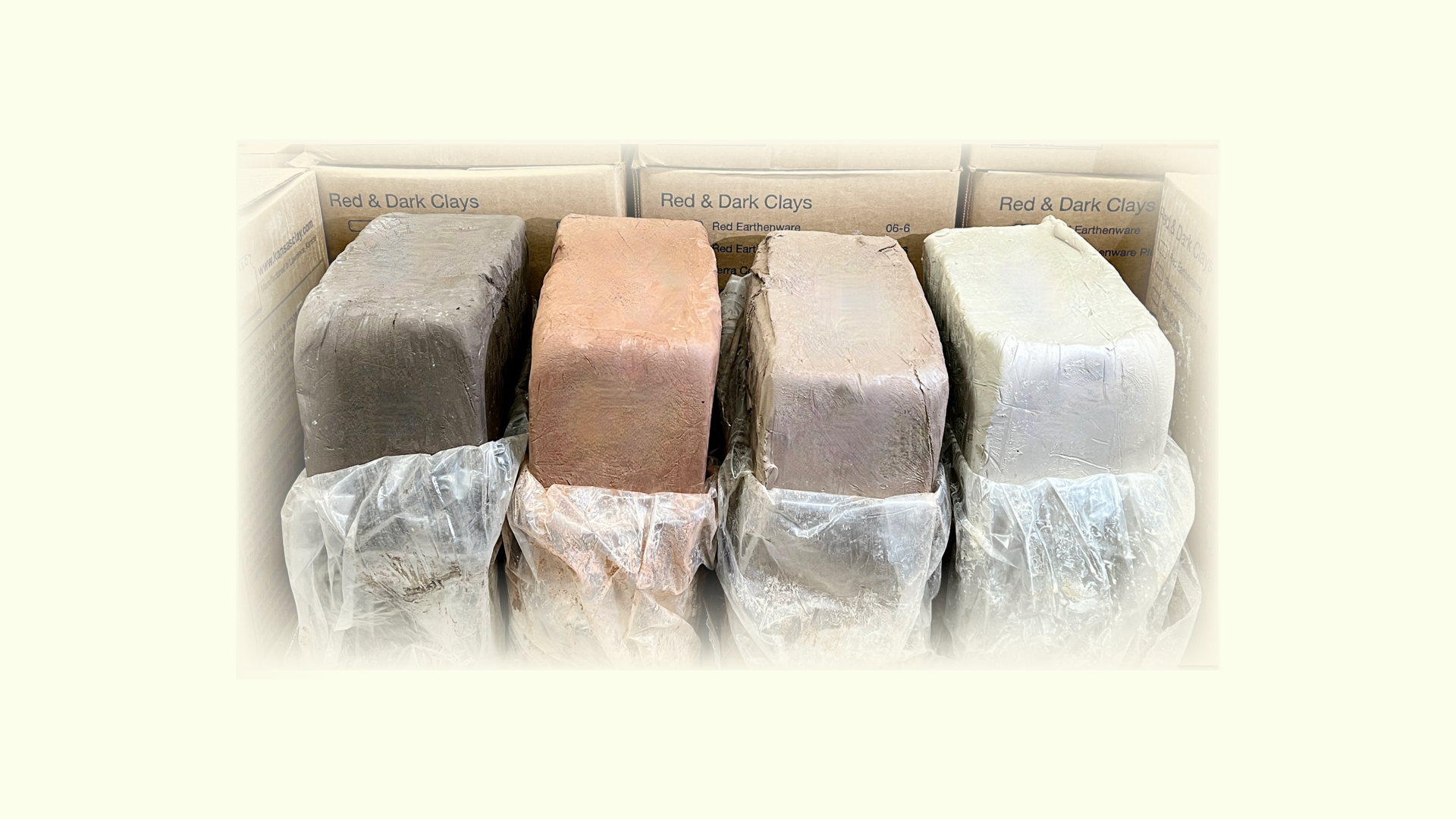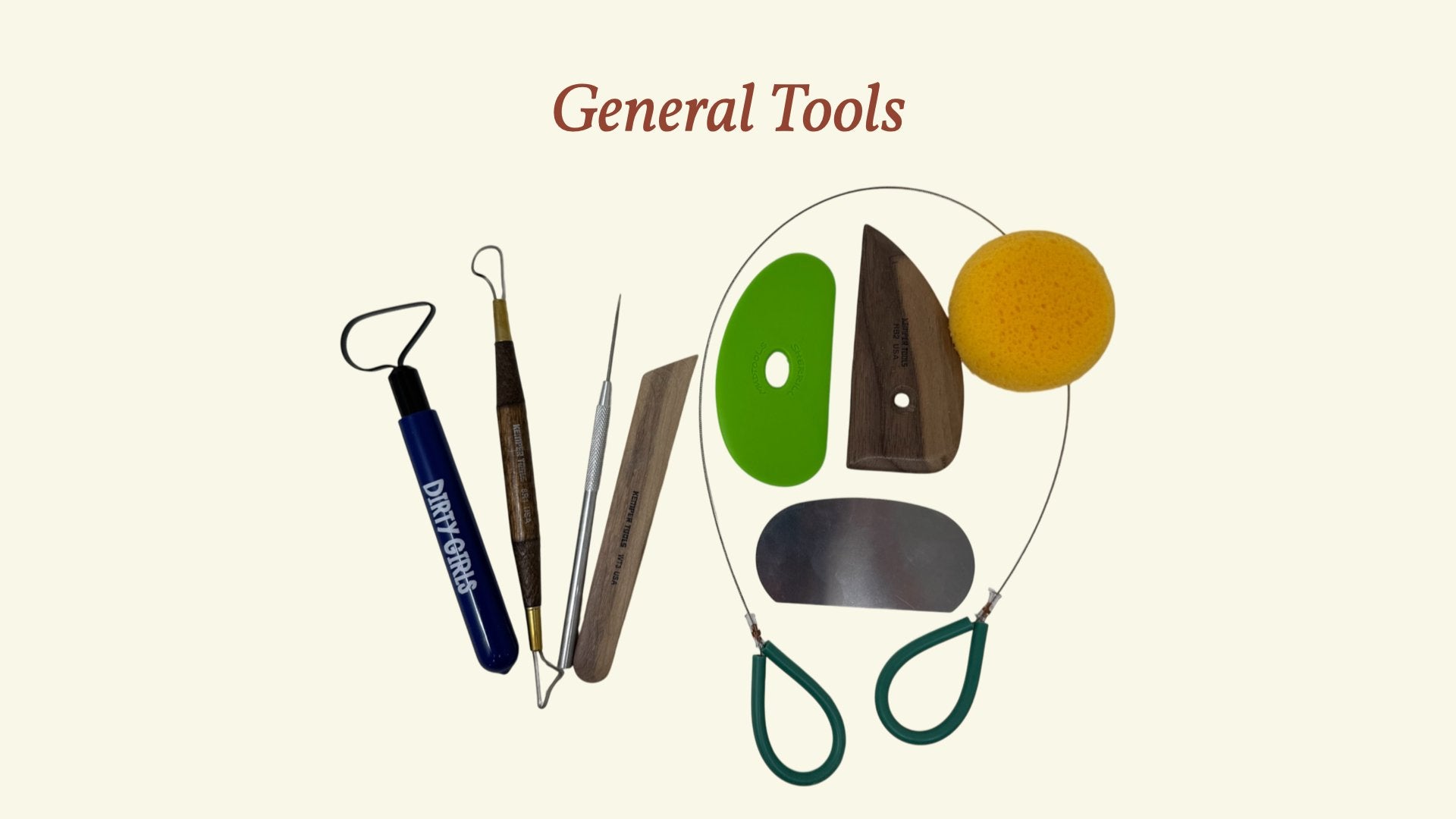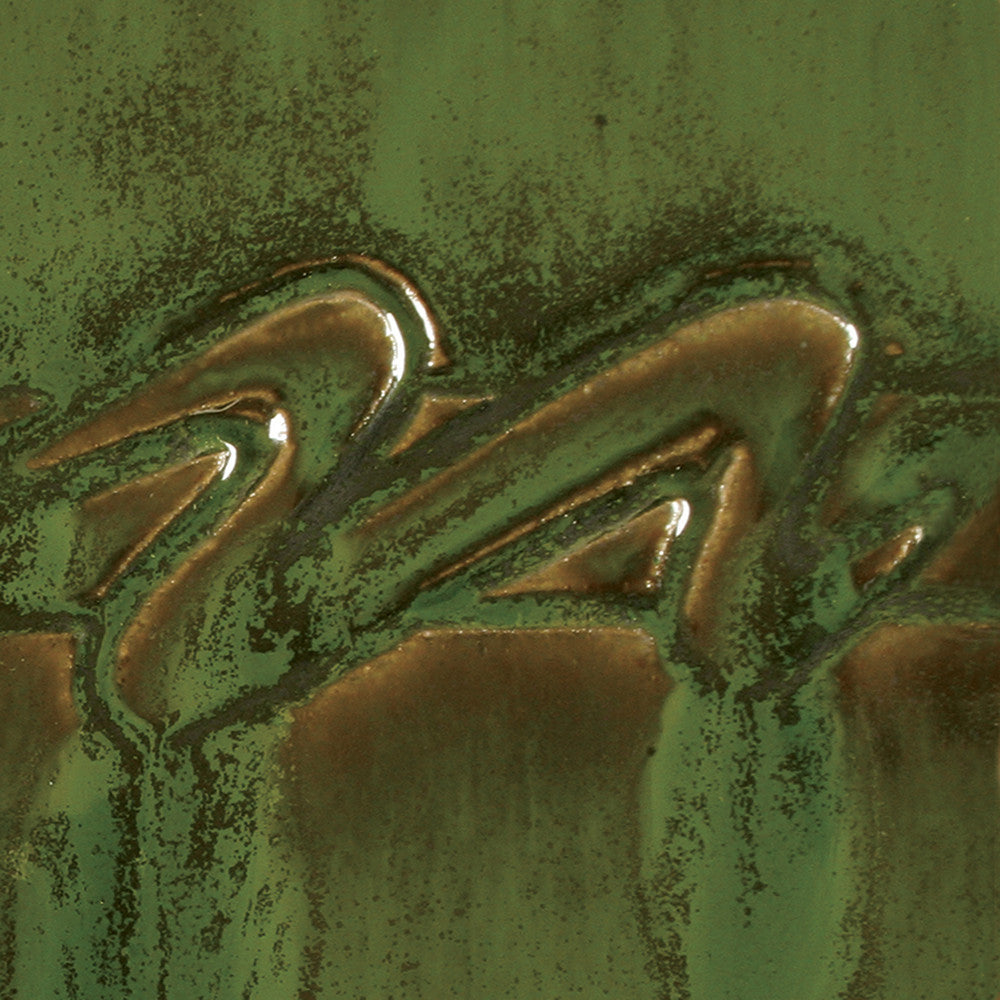Choose your option
Calcium Carbonate (Whiting)
Regular price
From $2.50
Sale price
From $2.50
Regular price
Choose your option
Soda Ash (Sodium Carbonate)
Regular price
From $2.50
Sale price
From $2.50
Regular price
Choose your option
Choose your option
Choose your option
Choose your option
Choose your option
Choose your option
Choose your option
Choose your option
Choose your option
Choose your option
Choose your option
Choose your option
Choose your option
Choose your option
Barnard/Blackbird Slip (SUBSTITUTE)
Regular price
From $6.00
Sale price
From $6.00
Regular price
Choose your option
Choose your option
Di-Calcium Bone Ash (typically for raku)
Regular price
$6.00
Sale price
$6.00
Regular price
Choose your option
Choose your option
Plaster - USG #1 Pottery FULL BAG.
Regular price
$24.00
Sale price
$24.00
Regular price


















